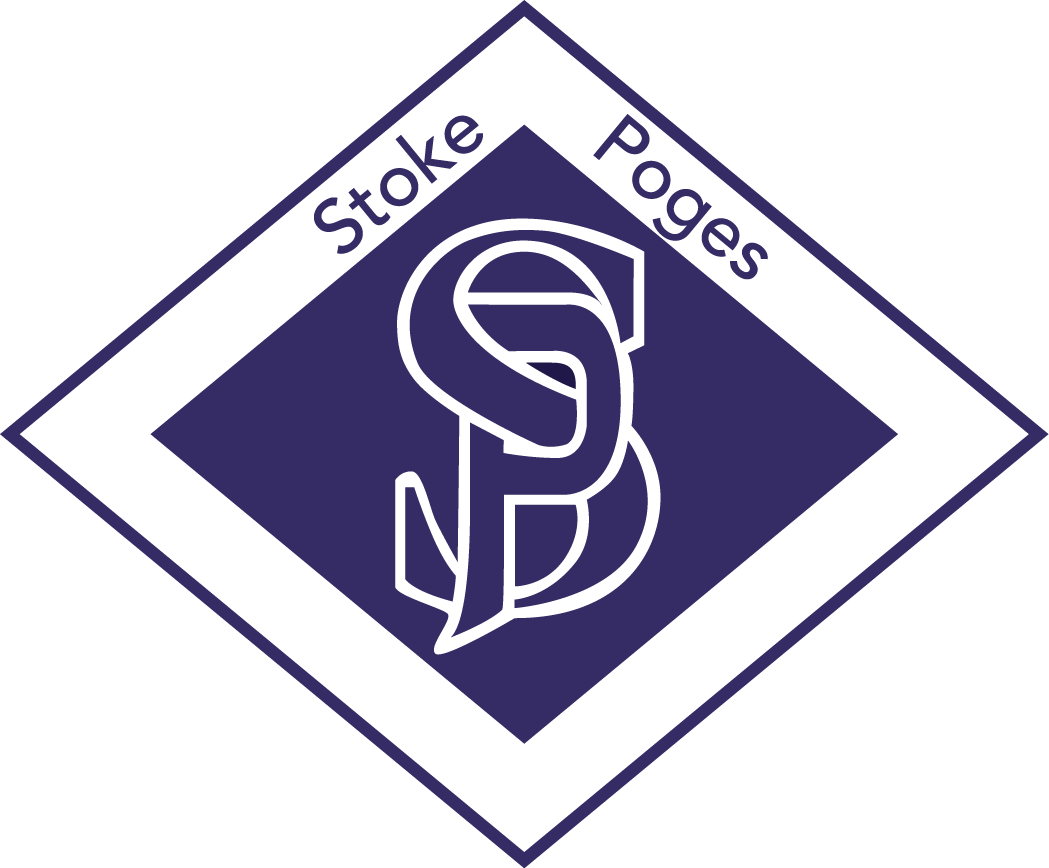Curriculum Drivers & Core Values
Curriculum Drivers
At The Stoke Poges School, we aim to impart lasting knowledge to all our children. Our curriculum is at the heart of this with four key principles, which underpin our ethos for teaching and learning in all subject areas and build on our school values.
The curriculum drivers are:
|
Rooted in knowledge |
At The Stoke Poges School, our pupils access a knowledge rich curriculum, ensuring they develop the skills and learning behaviours to become lifelong learners. In all year groups, knowledge is consolidated and built upon with pupils expected to recall and retain their learning across the curriculum. This is summarised in our knowledge organisers for all subject areas, so that by the time our children leave Stoke Poges they have learned key information that we feel is important for them to be successful in the future. |
|
Sequential and progressive
|
Our curriculum is carefully planned and logically sequenced. Subject leads in all areas consider the starting points for children in EYFS and the learning progress they make up to Year 6 and beyond. At each stage knowledge and skills build on what has been taught before, ensuring that over time pupils know more and remember more. |
|
Equitable, diverse and inclusive
|
At The Stoke Poges School, we are committed to ensuring that all children feel connected to and invested in the school curriculum. This is achieved by ensuring that pupils, independent of their needs, have equal opportunities to access and engage with their learning. Our teachers have designed lessons to reflect this inclusive curriculum with equality, equity, diversity and representation at the heart of our teaching and learning arrangements. |
|
Enriched by experience |
Our curriculum deepens and extends learning through rich, memorable experiences. We take advantage of our proximity to local parks, London and major sites of historical and cultural interest. We invite specialists and experts into our school to lead workshops and subject presentations, and we draw on our supportive and diverse school community to further enhance our curriculum teaching. We work closely with other local schools, and take pride in being members of professional associations, ensuring that our knowledge of curriculum areas continues to improve and develop. |
Core Learning Values
Curriculum content is grouped into a series of units of work/teaching sequences. Each unit/sequence begins with either an inquiry question designed to engage the children and frame the learning journey through to an identified outcome. Initial reflection on the question supports formative assessment of pupils’ starting points and gives an opportunity, where appropriate, for pupil voice to influence learning. Staff awareness of prior learning from previous years and through a ‘cold task’, ensures there is regular reinforcement of key knowledge and skills. Teachers systematically check children’s understanding, identifying misconceptions and provide clear direct feedback to ensure progress. Teaching is designed to help learners to remember in the long term the content they have taught and to integrate new knowledge into larger concepts.
Each unit addresses the three core learning values identified as essential for all subjects:
Independent Learner
Definition: self-motivated problem solver.
- Self-questioning: ask questions and identify problems which need to be solved
- Self-confident: persevere; manage risks in order to master new skills, knowledge and concepts. Resist peer pressure by making independent informed decisions. Develop resilience.
- Self-reflective: assess progress; recognise misconceptions; evaluate experiences; identify next steps.
Confident Communicator
Definition: emotionally mature with a depth of language learning that enables them to share ideas effectively, including in collaborative contexts.
- Empathetic: recognise emotions and motivations of self and others.
- Participate in discussion, dialogue and debate – active listening together with explaining, describing and questioning, valuing their own and others’ contributions.
- Present ideas accurately through written and spoken forms.
Global Citizen
Definition: respects the rights of others and is proactive in helping to make the world a better place to live in.
- Understand issues affecting themselves, the global community and the environment.
- Respect themselves, the local and global community and the environment.
Proactive – see to improve themselves, their community
